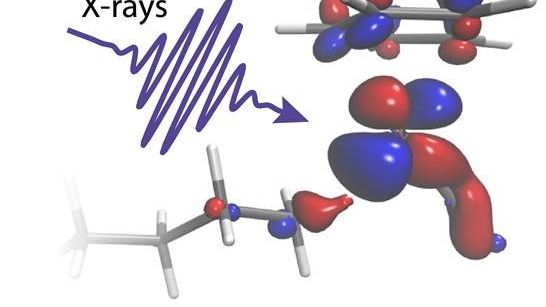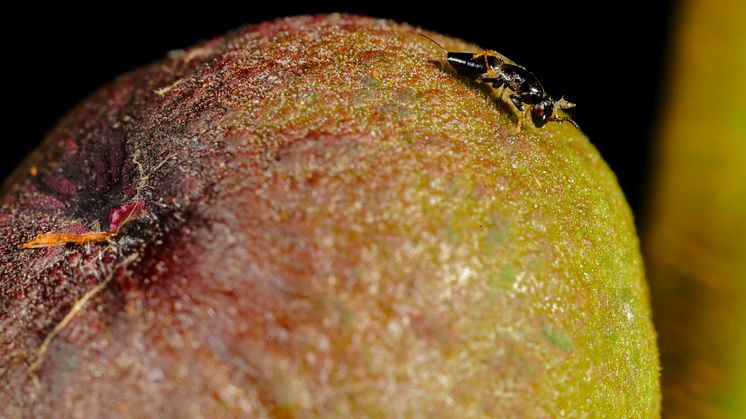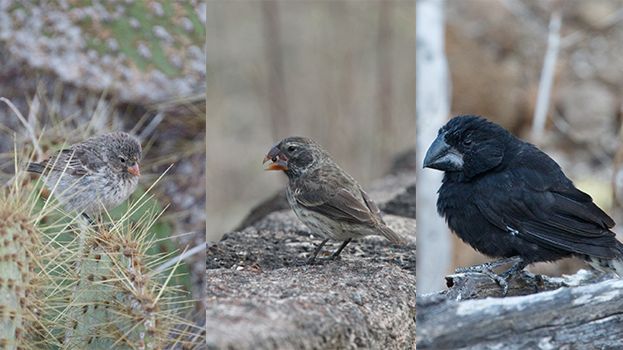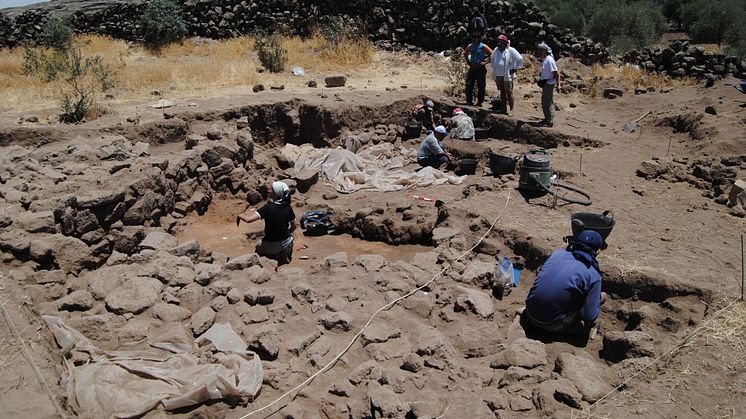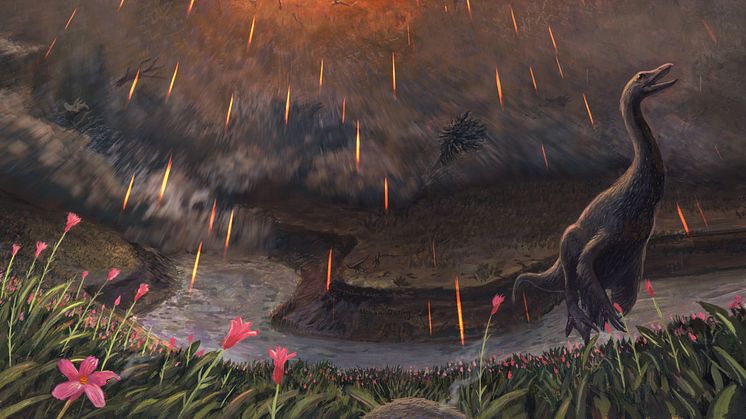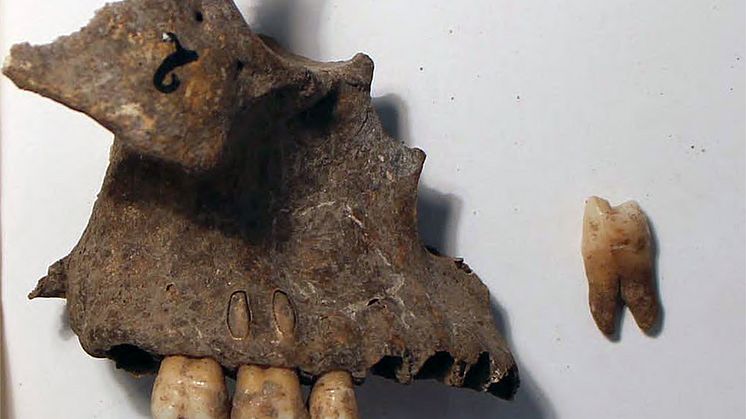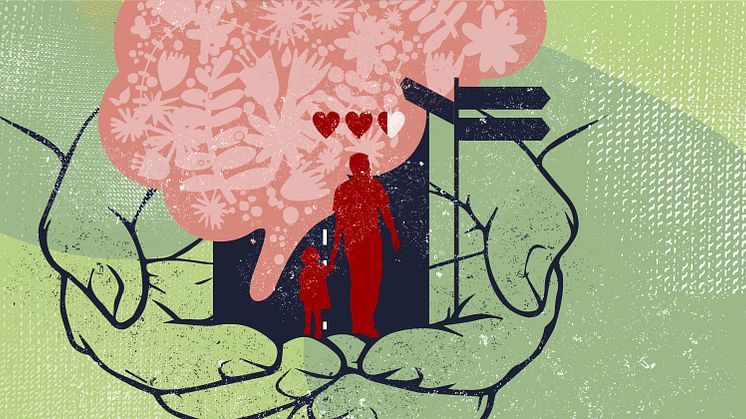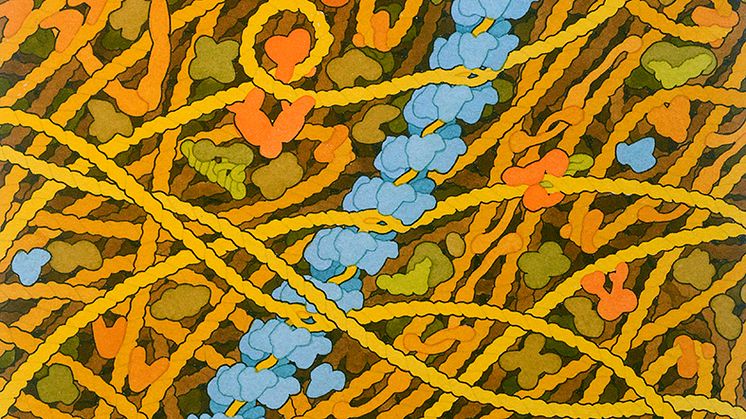Men with metastatic prostate cancer live longer thanks to new drugs
Survival rates for men with metastatic prostate cancer have increased by an average of six months, something which coincides with the gradual introduction of ‘dual treatment’ since 2016. This is according to a register study of all Swedish men diagnosed between 2008 and 2020. The results are published in the medical journal JAMA Network open.


